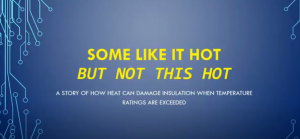Siemens 1500 HP Case Study – Custom Engineered Solution
One of the most effective strategies for avoiding unplanned interruptions is correct installation at the beginning of the equipment’s life. If installation and commissioning is carried out carefully using the correct procedures, it is an investment in the machine´s serviceability and reliability for its entire service life.
In this situation, a customer was removing a steam turbine driver due to modernization with an electric motor. The customer purchased a custom Siemens 1500 HP 4.1kV motor built at the Siemens Plant in Norwood, Ohio. A custom adapter base was also designed by Decatur Industrial, Siemens engineers, and customer engineers. The base would mount to the compressor skid frame/base as a drop-in, adapting to the Siemens motors.
Here you are witnessing the startup of the new motor driving the compressor.
- You see the shaft spinning and driving the compressor up to full operating speed.
- Once at speed, the compressor had to run for several hours until the overall temperature of the motor, gearbox, and compressor all plateaued to a steady operating temperature.
- Finally, the motor had to be de-energized and a hot-shaft alignment performed to verify the thermal growth brought the shafts into perfect alignment
- In the video you can see steam and moisture that was developed from the motor driving the compressor.
The motor successfully started the compressor and is currently in use compressing steam for this customer’s applications.




